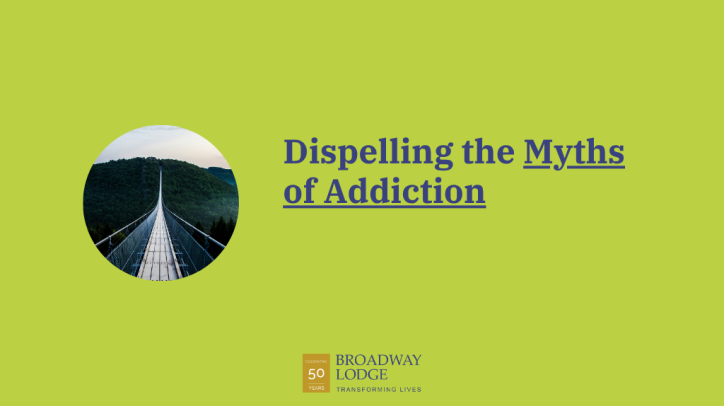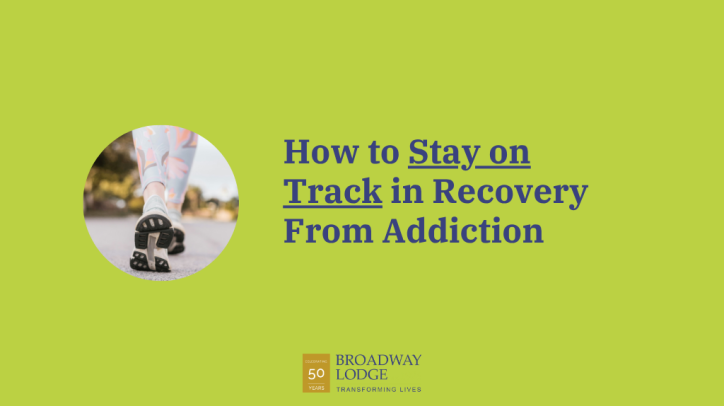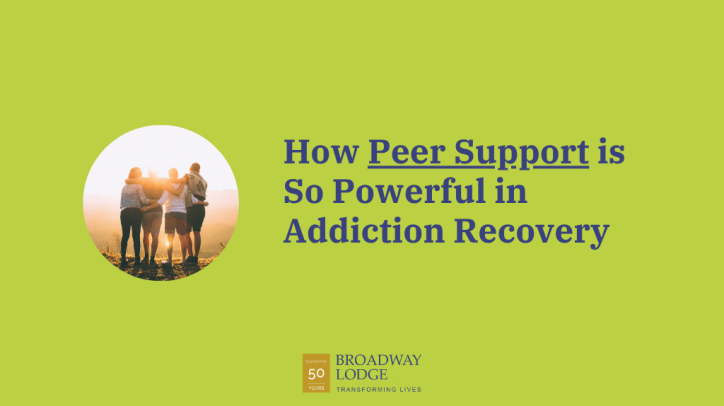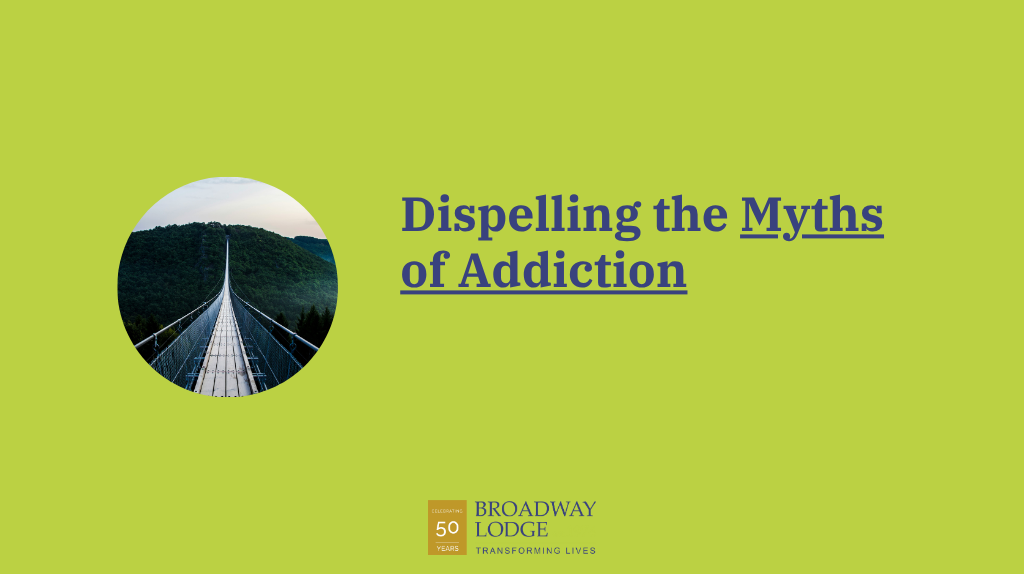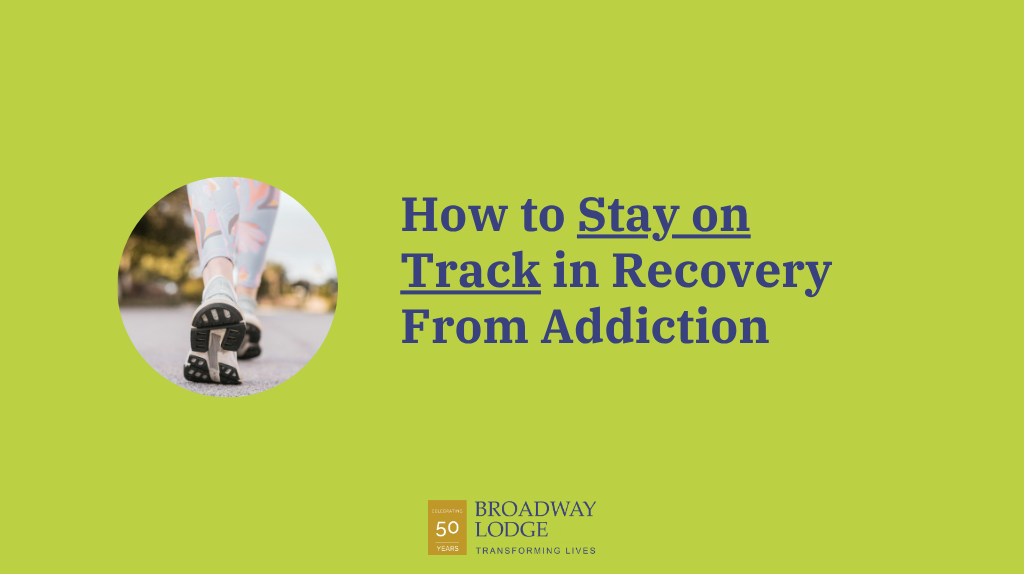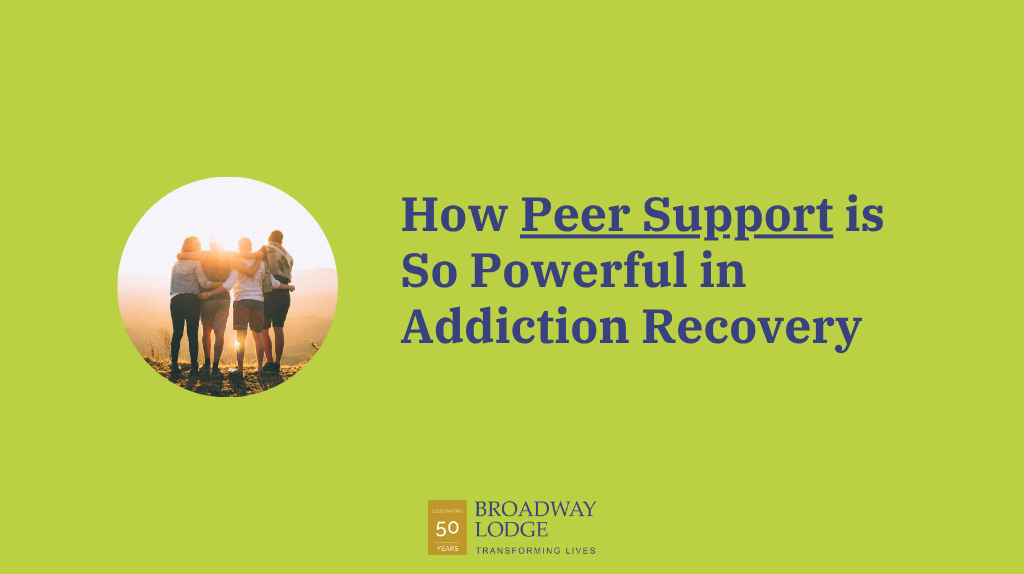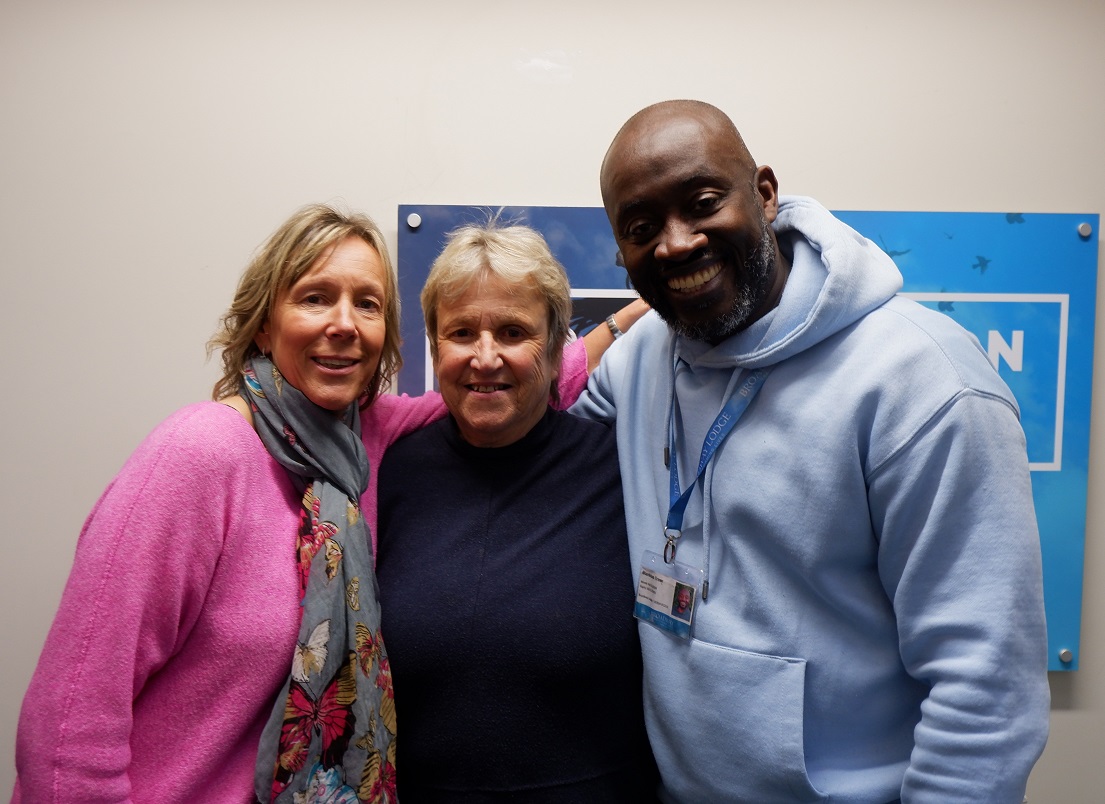It’s Alcohol Awareness Week from 13 to 19 November this year. The aim is to spur people into thinking about how alcohol affects us whether as individuals, communities, or society as a whole. It is still shocking to be reminded that alcohol misuse is the biggest risk factor for death, ill-health and disability among 15-49 year-olds in the UK, and the fifth biggest risk factor across all ages. (1)
Why do people become dependent on alcohol?
People can become dependent on alcohol for a wide range of reasons. It may start with just social drinking that gets out of control. Some turn to alcohol to relax or give themselves a temporary boost. Others use alcohol as a coping mechanism for various stresses and pressures in their life, and some people have a propensity for addiction which, when triggered by alcohol consumption, can lead to powerlessness and the inability to stop
How much harm does alcohol cause?
- Government figures published this month show that in 2016 there were 7,327 alcohol-specific deaths in the UK. In relation to society as a whole, alcohol harms are estimated to cost the NHS around £3.5 billion annually (1) In 2015, there were over 8,000 casualties of drink driving accidents in the UK.(2)
- While it is some consolation that the 2016 alcohol-specific death rate continues to remain unchanged since 2013, it is still higher than that observed 15 years ago.(3) A press article (4) this month pointed out that the majority of alcohol-related deaths in 2016 were people aged 50+; 5,208 deaths compared with 3,582 deaths in this group in 2001. This increase of ‘baby boomer’ alcohol-linked deaths is attributed the possible misuse of alcohol that began many years earlier.
- It is also of concern that people do not always realise the harm that excessive drinking can cause – this may be because the health consequences of heavy drinking are not always as apparent as other harmful behaviours such as smoking or other drug use. Alcohol is our most socially accepted drug and ‘functioning alcoholics’ can often spend many years, decades even, seemingly holding on to control of their lives.
- Alcohol is linked to over 60 medical conditions, including liver damage, high blood pressure, diabetes, depression and cancer. Many at-risk drinkers regularly visit their GP for a medical condition.(5) It is also a sad fact that almost all mental health patients who commit suicide struggle with alcohol or drugs.(6)
- Given these alarming facts it is crucial that we promote greater awareness about the effects of alcohol. It is equally important to ensure treatment is made available for people who are living with alcoholism. In England, there are an estimated 595,000 dependent drinkers, of whom only around 100,000 are currently accessing treatment.(1)
What can we do to help alcoholics?
Whatever the reason for dependent levels of drinking it is important to recognise the signs and seek treatment.
Alcohol Awareness Week is a timely reminder of the need for resources to support and help people addicted to alcohol. Despite an increase in people seeking treatment, residential rehabilitation budgets were reduced by nearly a quarter in four years. (7) Press reports have revealed official figures in which “106 of the 152 local authorities in England are cutting £28.4m from their drug treatment budgets in 2017/18 compared with the previous year, while 95 councils are slashing £6.5m from their funds for alcohol abuse over the same period. Services for children needing help with drink and drugs will be slashed by £8.3m by 70 town halls.”(8)
Sadly, experts fear these budget reductions have deprived vulnerable people of vital services with sometimes fatal consequences. Existing services are working even harder to help people suffering from alcoholism.
Broadway Lodge exists to help people deal with many types of dependency including alcohol. Our award-winning treatment offers detoxification and draws on the 12-step programme to support people into full recovery and long, healthy and productive lives.
Sources:
(1) Alcohol Concern. Alcohol Statistics. Accessed 10 November 2017.
(2) The Royal Society for the Prevention of Accidents. Road Safety Drinking and Driving Factsheet. March 2017
(3) Office for National Statistics. Alcohol-specific deaths in the UK: registered in 2016. 7 November 2017
(4) The Guardian. Baby boomers warned over drinking as alcohol-linked deaths in over-50s soars. 7 November 2017.
(5) Adelphi Research UK for Alcohol Concern. The Way We Drink. November 2014.
(6) Healthy services and safer patients: links between patient suicide and features of mental health care providers. National Confidential Inquiry into Suicide and Homicide by People with Mental Illness (NCISH). Manchester: University of Manchester, 2015.
(7) The Independent. Residential rehabilitation budgets slashed by nearly a quarter in four years. 7 October 2017.
(8) The Independent. Government accused of cutting vital drug and alcohol services as £43m slashed from addiction budgets. 24 September 2017.


